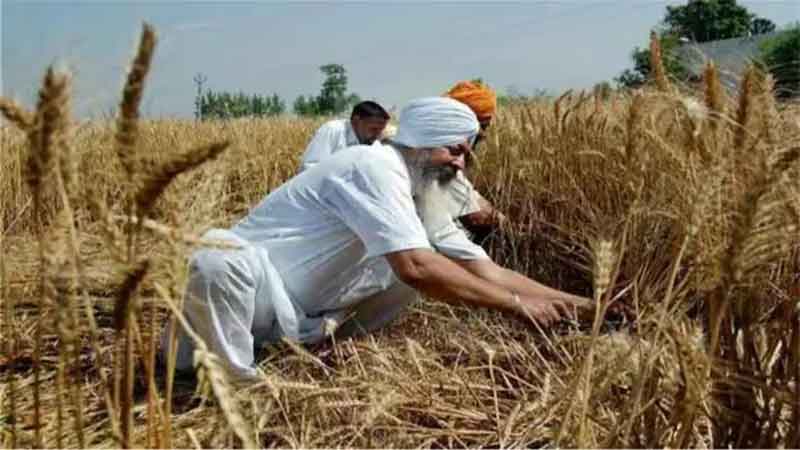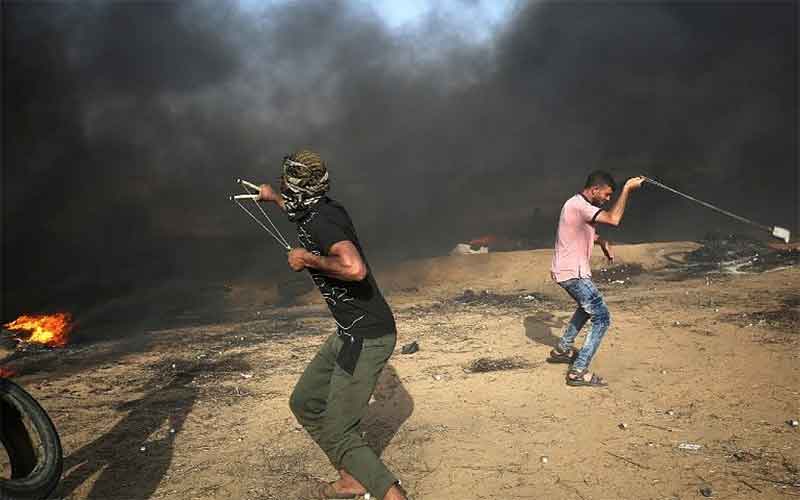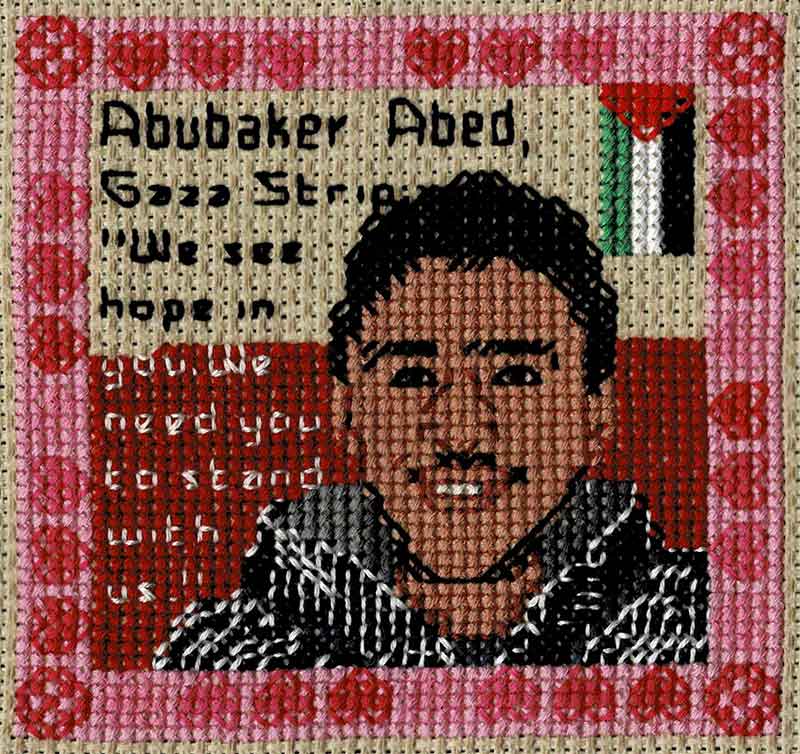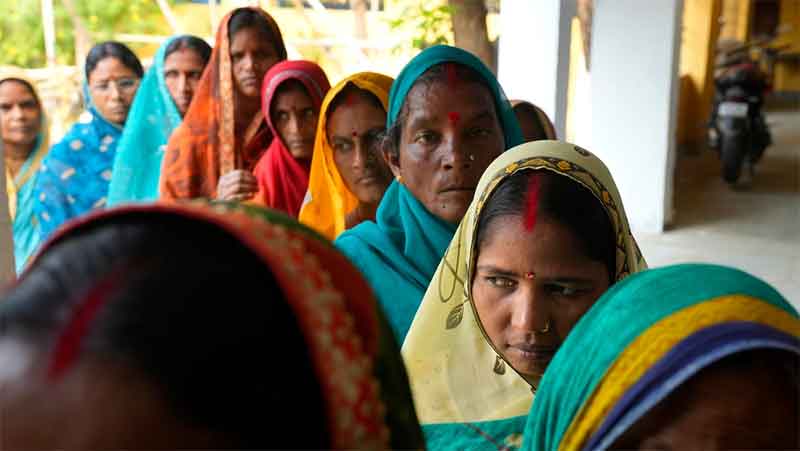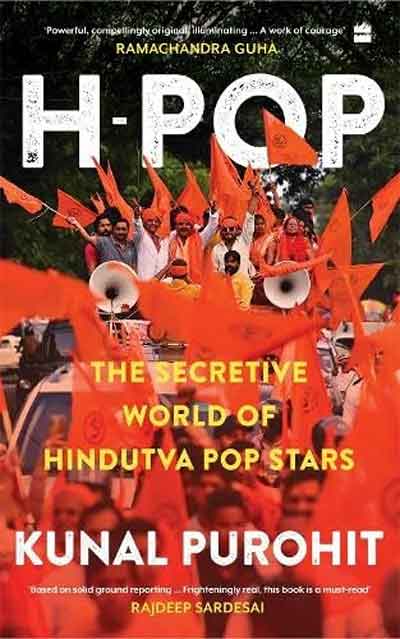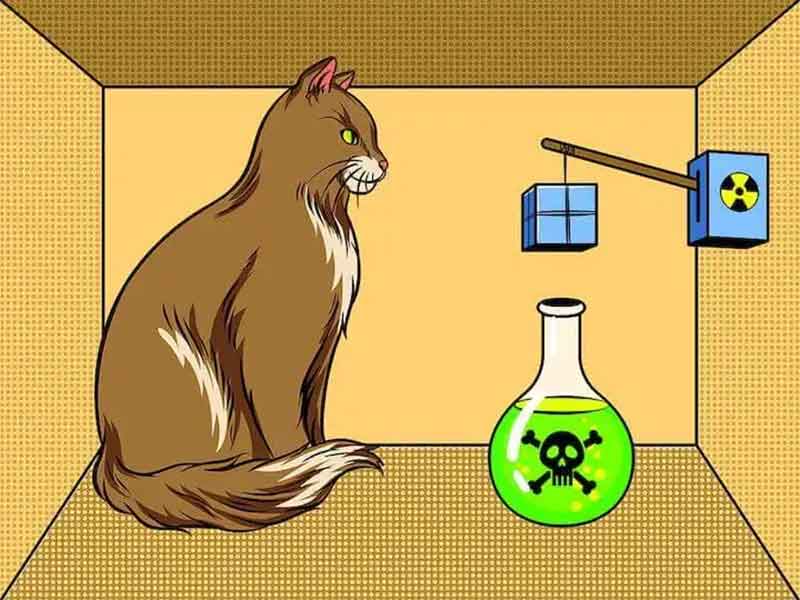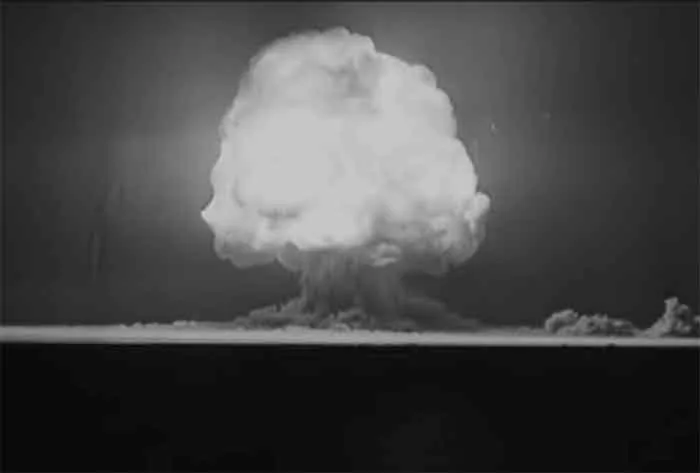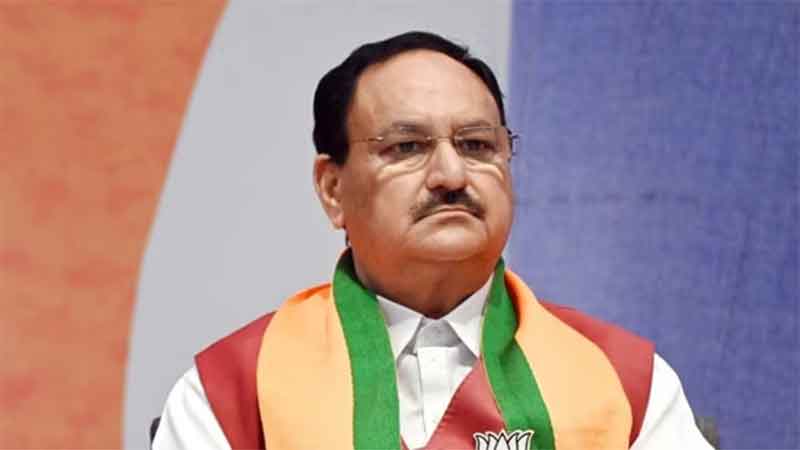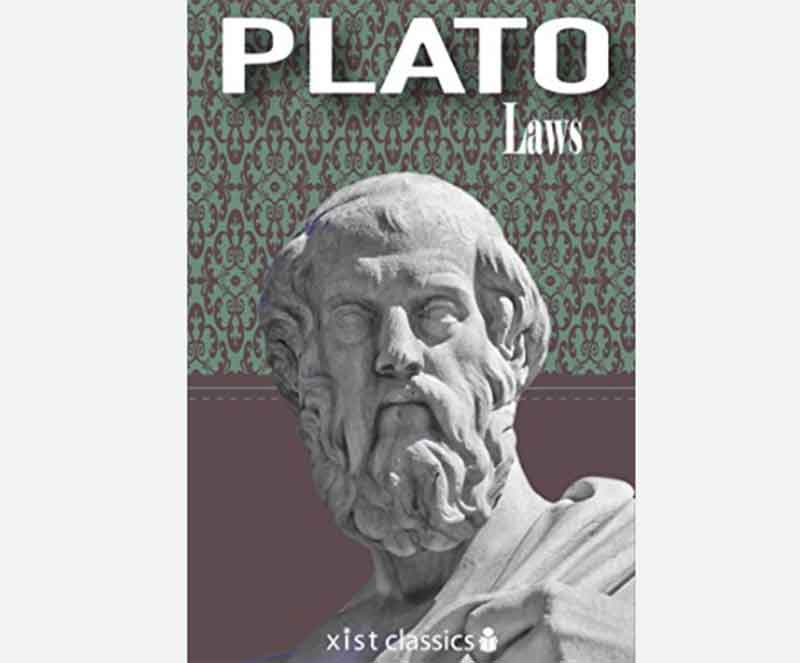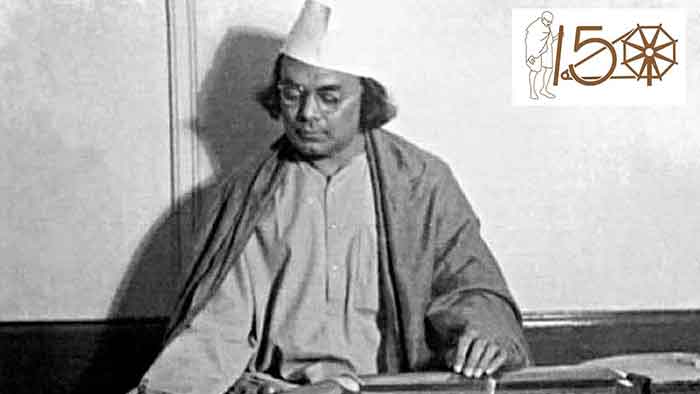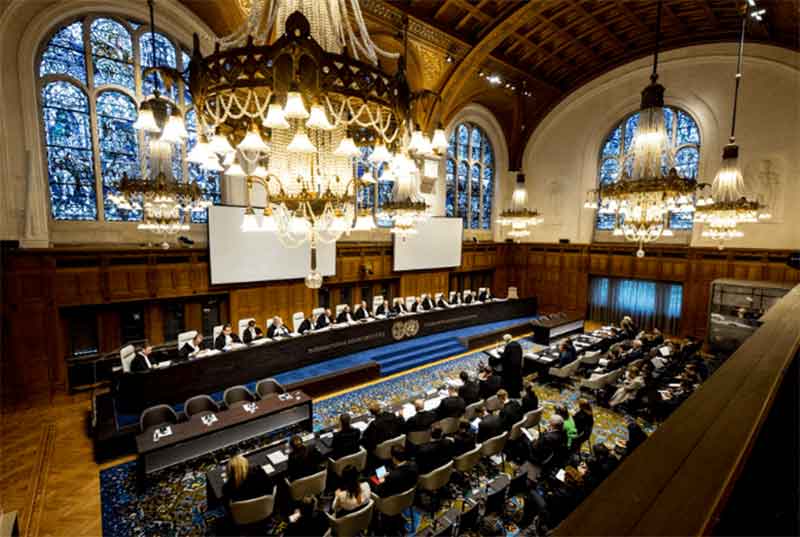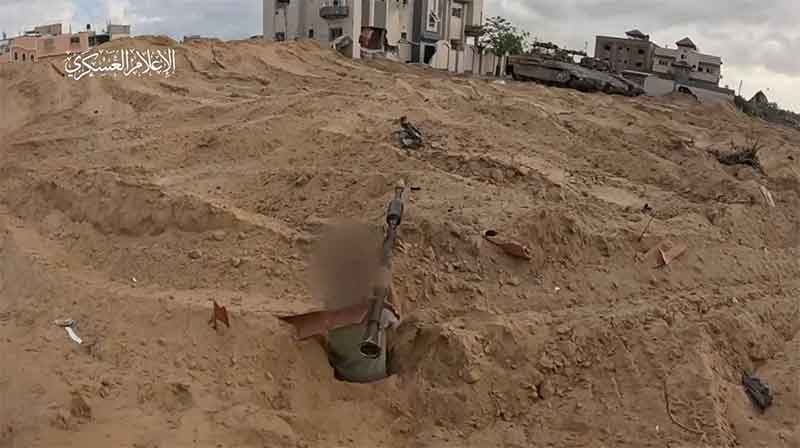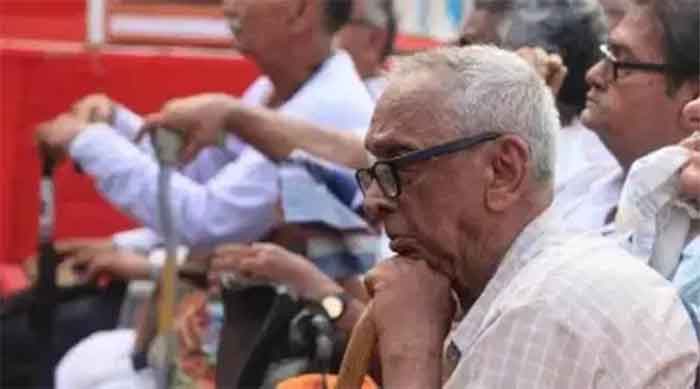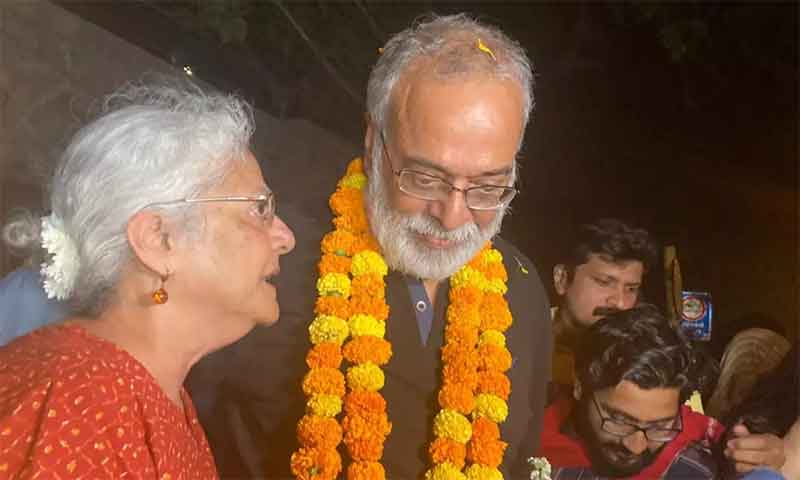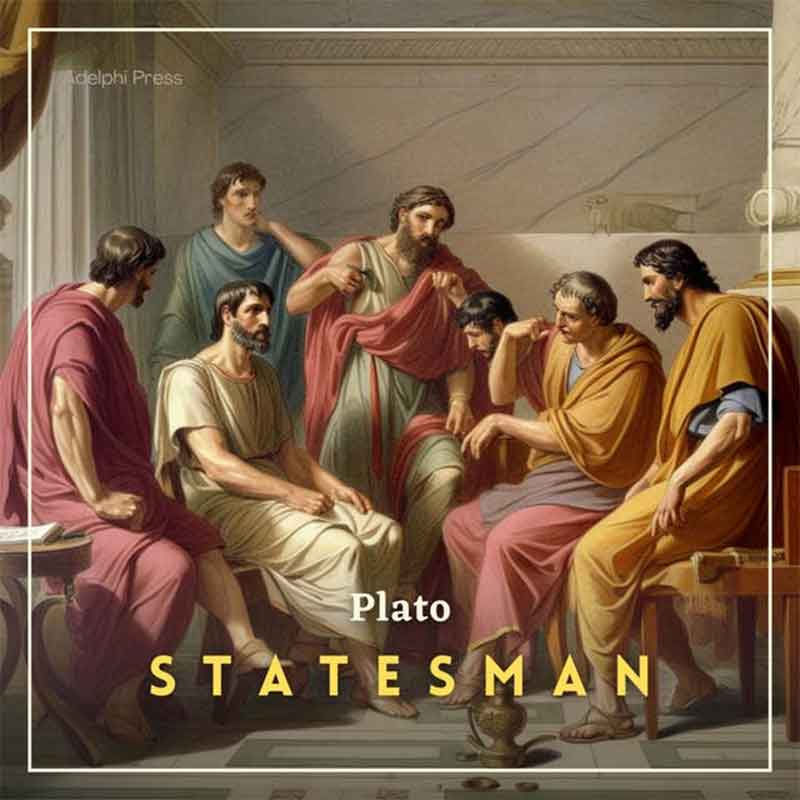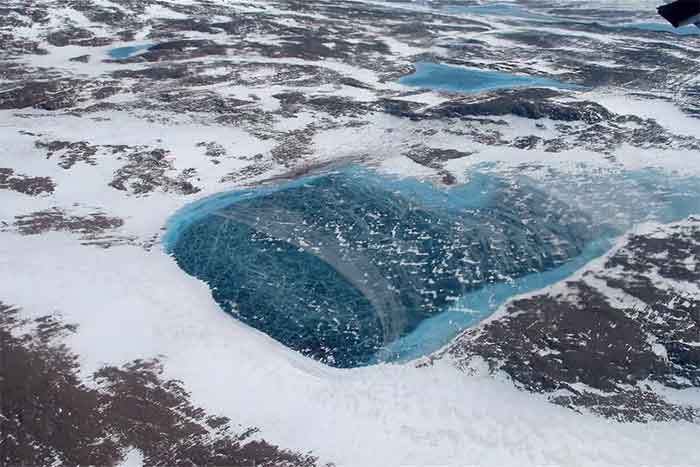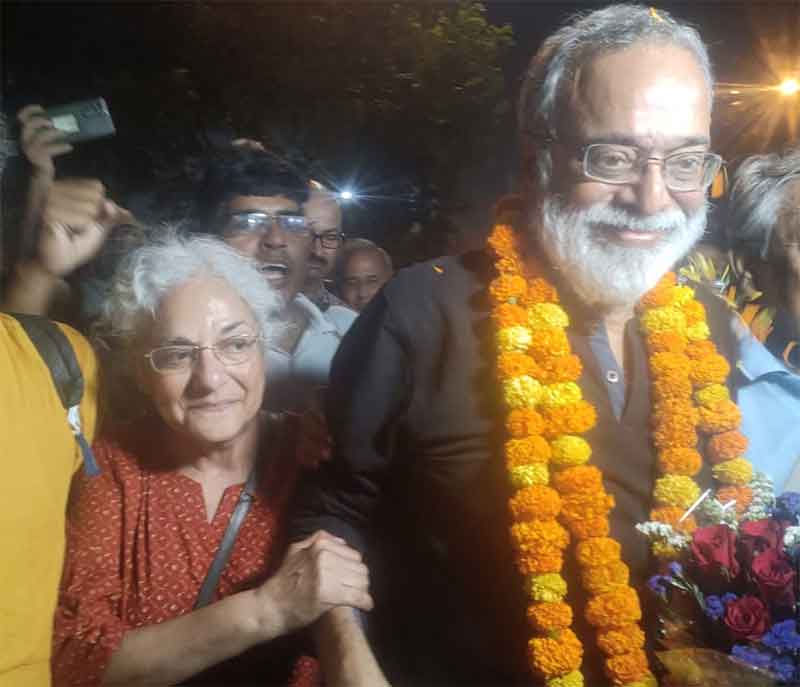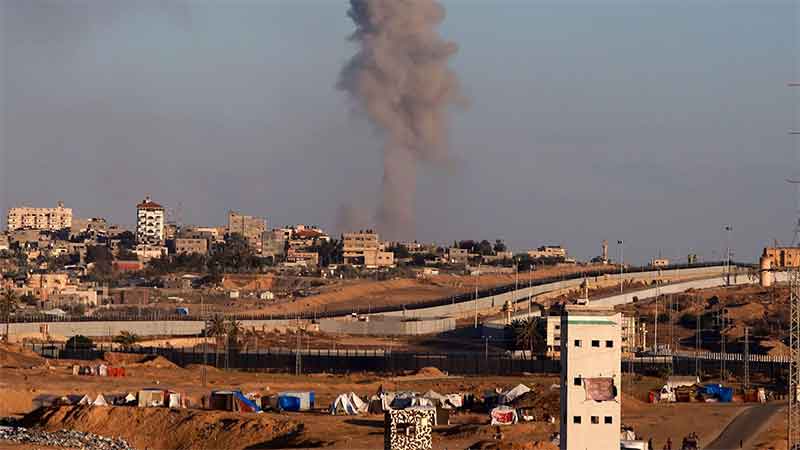
Conventional understanding is that when wars end there should be peace. Only this can create the conditions in which the enormous damage caused by any war can be repaired, in terms of recreating the infrastructure and rebuilding the devastated lives of many people, as well as create confidence and reassurance among people on both sides that all this devastation will not be repeated.
However increasingly it appears that wars have less and less chance of ending in peace. When the shooting stops, often much later than it could have stopped, a frozen conflict is likely to be the more likely result. Although some sort of ceasefire is of course anytime better than no ceasefire, a frozen conflict is hardly likely to create conditions of hope and goodwill, of a new dawn that is expected when a war, however bitterly fought, ends in conditions of genuine peace.
In Ukraine there was a very real chance of ending the war within just about two months of the war starting if peace negotiations between Russia and Ukraine which had already reached an advanced stage, with contentious issues resolved, had been allowed to reach their logical conclusion. As not much harm had been done till then, if the war ended then, it would have ended on a note of genuine peace, reminding both Russians and Ukrainians of the importance of living as good neighbors. If the war had ended then on such a note, there would have been hope also of increased cooperation in many-sided activities contributing to the prosperity of both nations and people, conditions for which are rooted in geography, history and culture.
However, this was not to be, as western powers, the USA and the UK in particular, were determined not to let the negotiations succeed and Prime Minister Boris Johnson flew in specially to convey this message to Ukrainian ruling elites. After this peace possibilities have been going downhill all the way and each day of conflict with all its ruin and devastation has further hardened the attitudes on both sides. Now whenever there is ceasefire, there are much higher chances of this leading to a frozen conflict rather than to real peace.
In the conditions of a frozen conflict, hostilities of a different kind are likely to continue, with open conflict not being ruled out whenever things go out of control again. This will create avoidable distress and costs for both sides, and these are likely to be particularly high for Ukraine.
This frozen conflict can no doubt extend to other neighboring countries as well, with many dangerous possibilities.
In the case of the Gaza conflict, it is even more difficult to talk about the possibilities of genuine peace. Given the kind of cruelties that have been seen in Gaza, how can one expect this to end on a note of peace and goodwill? Of course immediate and permanent ceasefire is urgently needed here to stop further loss of human lives, but even then genuine peace will be far away. The future here is full of many uncertainties, but some sort of frozen conflict will persist, with possibilities open of things getting out of control and conflict re-erupting in various ways.
Despite the long and unhappy history of conflicts here, very few persons could have imagined about a year back that the situation in Gaza will deteriorate so rapidly in so short a time, and to such an extent. In fact, very rapid deterioration in a very short time has also been seen in some other parts of the world like Sudan. When things deteriorate so rapidly and there is enormous violence, cruelty and the resulting distress and suffering, the chances of establishing genuine peace are also reduced rapidly.
Hence it is very important that in such serious conflict situations, the intervention of internal and external forces of peace must be much stronger. Just now these forces of peace are very weak and the prospects of causes of conflicts and tensions being reduced as a result of continuing work of peace movements are not strong. After conflicts break out, then these prospects are reduced further.
The task of reducing misunderstandings and tensions among countries and adversarial groupings, creating goodwill among them and removing real or imagined complaints and grievances is very important, but this is not getting the due attention. Some of the big powers work deliberately to create conflicts among neighboring countries or among groups but this is also often not checked by the forces of peace at an early stage. As a result misunderstandings and tensions keep increasing for too long and then it becomes very difficult to restore goodwill and understanding among divided people.
The way things are going on in several parts of the world regarding several new conflicts being precipitated and new gulfs being created among groups of people and among countries is deeply disturbing. The most serious remedial actions are possible only if worldwide peace movement becomes stronger and more active. Of course the United Nations should also make a much more important and significant contribution but due to a number of factors it has not been able to make the very significant contribution that is expected from the biggest peace organization. One can only hope that if the peace movement becomes stronger worldwide, this can also create conditions for the United Nations to make a much more important contribution to world peace.
If this is possible, then the possibilities of genuine peace emerging at the end of wars will increase. Even in conditions of frozen conflicts, it will be possible to work among people in such ways that gradually there is progress towards genuine peace.
Bharat Dogra is Honorary Convener, Campaign to Save Earth Now. His recent books include Planet in Peril, When the Two Streams Met, Man over Machine and A Day in 2071.







